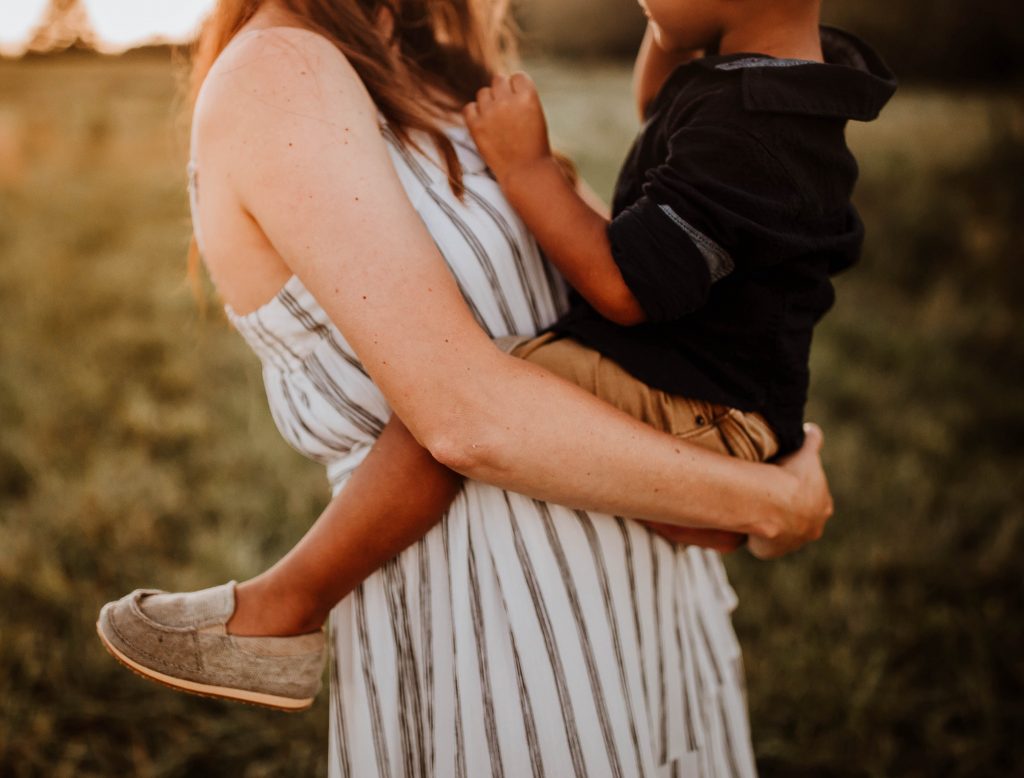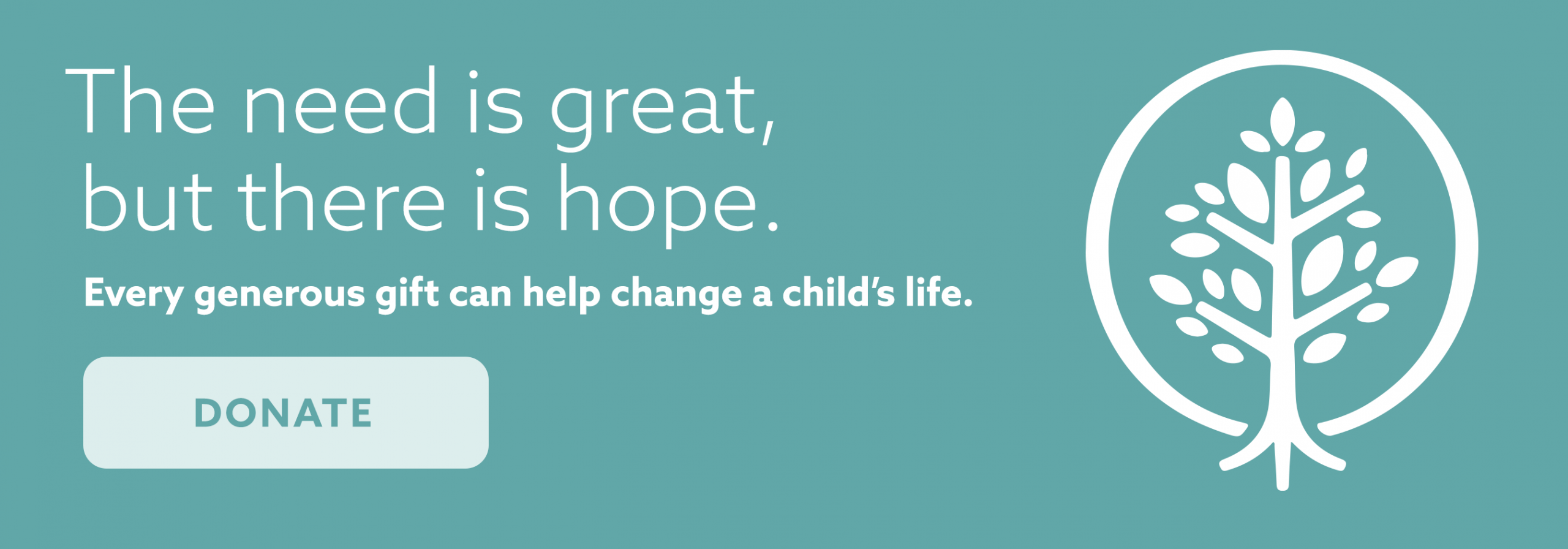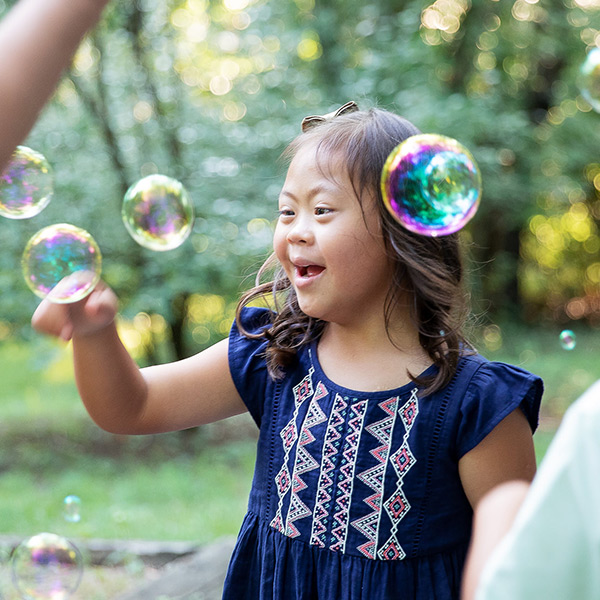COVID-19 and Its Impact on Children

It has been two years, this month, since the World Health Organization (WHO) declared COVID-19 a global pandemic. While the immediate effects have certainly and tragically been known, we have yet to begin fully grasping the long-term or lasting effects of COVID-19. As we consider the impacts on countries, societies, economies, political structures, and the like, we must—and always—remember the toll COVID-19 has taken on families and individual lives, particularly the most vulnerable of those.
According to a joint report released last summer by the Centers for Disease Control and Prevention (CDC), “No country is unaffected by the ravages of the COVID-19 pandemic. The data on death and illness have clearly focused attention on the tragic and disproportionate burden in older adults—yet this has served to divert attention and understanding away from the needs of the world’s children. History conveys clear lessons on how short-sighted it is to ignore children and their needs in a pandemic. The ramifications are lifelong and intergenerational.”
In that same report, titled “Children: The Hidden Pandemic 2021,” it is made clear that our understanding of the COVID-19 impact across the globe has only begun—”with more than 1.5 million children experiencing the death of a parent or grandparent caregiver who lived in their homes and helped care for them.”
It’s a sobering reality to consider, yet what is perhaps more sobering are the specific impacts these million-plus children face in light of COVID-19.
In a statement released last summer by UNICEF Executive Director Henrietta Fore, she shares, “UNICEF is increasingly concerned for children left without one or both parents. As with all crises and health pandemics, the most vulnerable children are at increased risk of losing parental care—due to death, severe illness, or financial hardship. This in turn increases their risk of being placed in unsuitable alternative care. … A spike in deaths in some countries means many children already vulnerable to the impacts of COVID-19 face further emotional distress and protection concerns. … Deprived of parental care, [children] can endure physical, psychological, emotional, and social harm, with consequences that last a lifetime. These children are also more likely to experience violence, abuse, neglect, and exploitation.”
From the early months of the COVID-19 pandemic, Show Hope strategically increased the amount of our average Adoption Aid grant to help account for adoption processes being stalled or halted due to travel restrictions as well as for families affected, particularly by job and income losses.
At Show Hope, we also continue to champion trauma-competent awareness and care among parents, caregivers, churches, and organizations. Many children who have been impacted by adoption and/or foster care have experienced abuse, trauma, neglect, and early attachment injuries. In order to continue to restore hope, we work to provide adoption and foster care support through practical teaching and resources to equip parents, churches, and professionals in this journey.
One such resource is Show Hope’s annual Hope for the Journey Conference. The aim of this simulcast event is to shepherd parents and caregivers to a deeper understanding of their children’s needs. By introducing robust resources and sharing practical experiences of successes and failures of the day-to-day, it is our prayer—set forth by our Founders, Mary Beth and Steven Curtis Chapman—that parents and caregivers will leave encouraged as they continue to journey well with their children.
“We believe that caregivers across the globe who have access to the Hope for the Journey Conference are given practical tools to understand trauma and its effect on the Brain, Biology, Behavior, and Belief system of the children they care for,” explains Daren Jones, Assistant Director of Outreach with the Karyn Purvis Institute of Child Development at TCU (KPICD). “This knowledge empowers a renewed sense of compassion, and then they’re given practical tools to help connect and journey alongside their children as they heal. Additionally, the conference creates a community network so that children and families are able to wrap around one another throughout the year after the conference has ended.”
Another part of that equipping takes place at Trust-Based Relational Intervention® (TBRI®) Practitioner Training, led by staff at the KPICD.
TBRI is an attachment-based, trauma-informed intervention that is designed to meet the complex needs of children impacted by adoption and/or foster care. Developed by Drs. Karyn Purvis and David Cross, TBRI uses Empowering Principles to address physical needs, Connecting Principles for attachment needs, and Correcting Principles to disarm fear-based behaviors.
Each year, through its donors and supporters, Show Hope is able to provide scholarships to professionals, enabling them to attend TBRI Practitioner Training. Elise Lowe is one of those professionals who has received a Show Hope scholarship. The week Elise spent at TBRI training equipped her for various professional roles, including directing international adoption programs, supporting families who have adopted through foster care, and today, in her work at the National Council for Adoption.
“Even today, more than seven years after the fact, I share with people how my week of TBRI training was truly formative in setting the trajectory of my career over the next decade,” Elise shared. “Being able to learn from Dr. Karyn Purvis and Dr. David Cross directly over that week was a clarifying experience for me. It helped me see that the population I felt called to work with were children from hard places and their families.
“From my perspective, the principles of TBRI have given professionals, families, and adopted individuals themselves a language to speak and a way to connect,” Elise continued. “TBRI strikes a difficult balance. It gives weight to the very real impact that early harm has on children. At the same time, it provides practical strategies and hope, backed by research, that healing is possible.”
In our last fiscal year, Show Hope has scholarshiped more than 350 professionals to attend TBRI Practitioner Training training—here within the U.S. and across the globe. That means more than 350 communities being resourced, and countless children and families impacted.
“Show Hope’s support of practitioner training has been instrumental in starting a wave of trauma-informed systems across the globe,” Daren shared. “The support of Practitioner Trainings internationally has allowed countries who have never gotten this knowledge to not only have access to TBRI in a deep way, but this process is oftentimes a part of creating language and a foundational understanding for professionals across the globe.
“Recently, because of Show Hope’s support, there were practitioner training participants who represented 23 countries, and the training was done in three languages—Polish, Russian, and English. [This] support allows for access to information that provides countries with opportunities for individual, family, and generational healing,” Daren continued.
Additional support for parents, caregivers, professionals, churches, and organizations has been made available through Show Hope’s wider Pre+Post Adoption Support work. From “Recommended Resources” to lists of TBRI professionals and information on Empowered to Connect Parent Training, Show Hope is committed to not only supporting individuals and families through the adoption process but through the entire journey itself.
As the world begins to uncover and more fully understand the impacts of COVID-19 on children and families, we, at Show Hope, are prayerful and hopeful that God will use our gifted expertise and work to break through the cracks with a light that comes only from him. He is a “Father of the fatherless,” and we are committed to his mandate to care for orphans.


